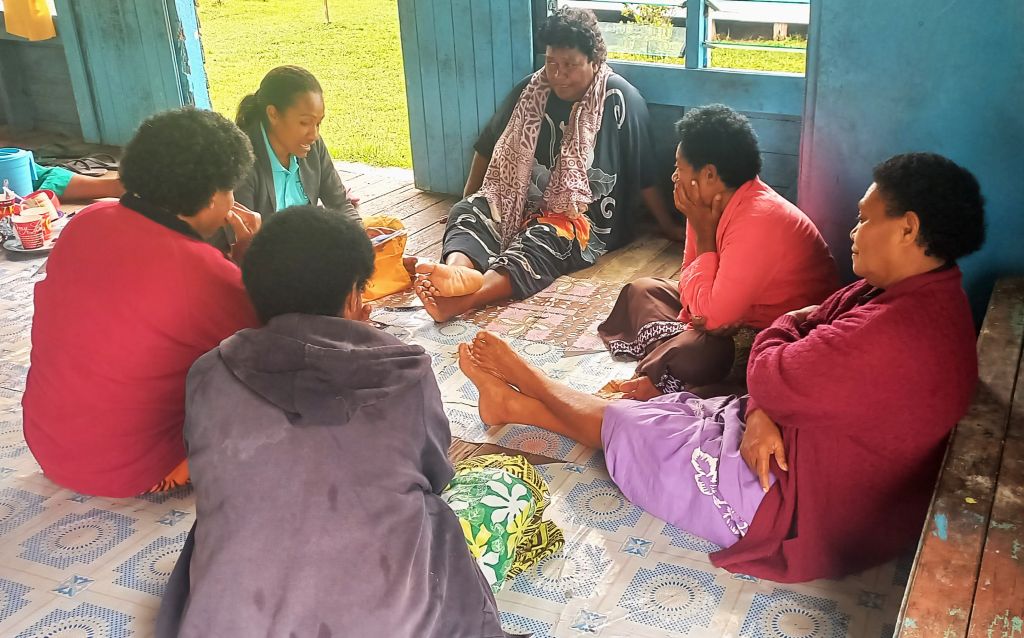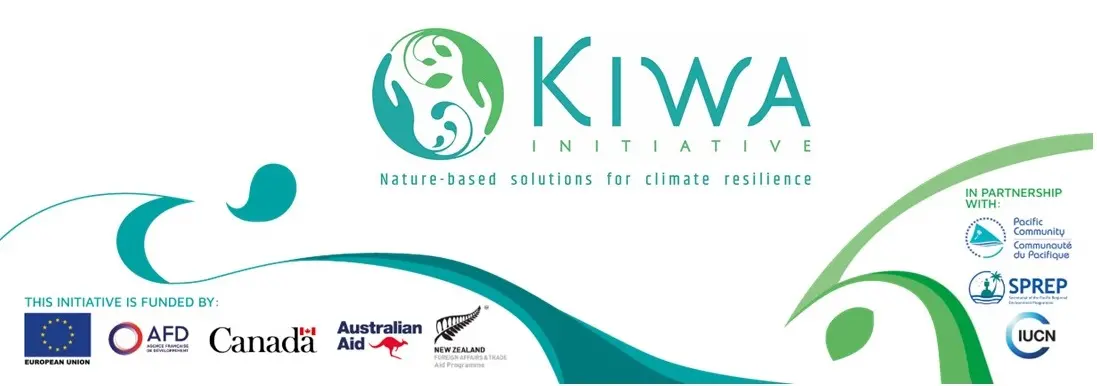The Community Centred Conservation (C3) Fiji Kiwa Initiative recognises that women are often overlooked and excluded in mainstream development projects. In their rural project locations across Northern Vanua Levu, the organisation sees the distinct roles played by both men and women in productivity and society. The C3 Fiji Kiwa Initiative project addresses gender inequalities and promotes equality for everyone.

Mangrove forests provide a promising source of living and income for women, primarily through invertebrate fisheries. Recognising this potential, the C3 Fiji Kiwa Initiative project seeks to uplift women's lives by creating income-generating opportunities related to mangrove forest management.
In contrast to men, whose tasks usually revolve around single sets of interconnected activities, women tend to engage in diverse responsibilities simultaneously—for instance, balancing fishing with tending vegetable gardens or processing catches. Due to women having diverse roles and participating in various activities, they seem more inclined to welcome innovative and eco-friendly approaches to earning a living. While enhancing women's prospects, the C3 Fiji Kiwa Initiative project ensures that men's contributions remain valued and respected within their communities.
The C3 Fiji Kiwa Initiative strives to reduce the gender gap in development projects. By encouraging equal progress in mangrove forestry, the group supports women and gives everybody a decent chance to succeed.
The C3 project titled “Restoring mangroves for livelihoods in Fiji” is a local project under the Kiwa Initiative. The initiative is funded by the European Union (EU), Agence Française de Développement, Global Affairs Canada (GAC), Australian Government Department of Foreign Affairs and (DFAT) and New Zealand Ministry of Foreign Affairs and Trade (MFAT).
The Kiwa Initiative has established partnerships with the Pacific Community (SPC), the Secretariat of the Pacific Regional Environment Programme (SPREP) and the Oceania Regional Office of the International Union for Conservation of Nature (IUCN).


